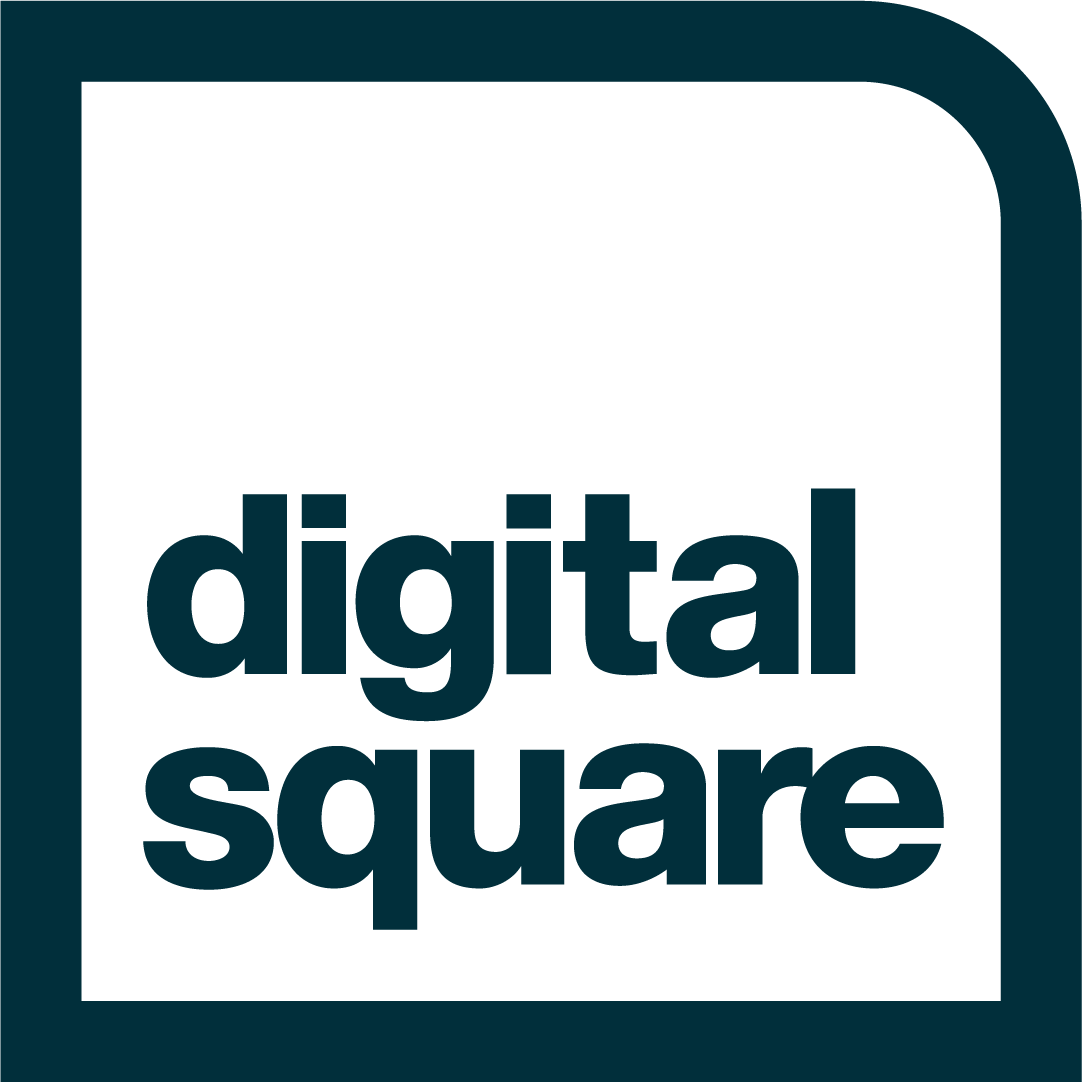Announcing grant awards for research on global goods' digital health impact
We are excited to announce four awardees of the Oxford Open Digital Health Supplement through Notice G. The supplement aims to provide evidence of the health impact and cost-effectiveness of digital health interventions, particularly tools listed as global goods. Here's why evidence-based insights on the impact of digital health interventions can promote the adoption and use of global goods worldwide.
Digital health interventions (DHIs) have gained significant attention in recent years for their potential to strengthen health systems and contribute to universal health coverage (UHC). Low-resource settings are adopting digital health strategies at national and local levels to improve health outcomes for their citizens. Patients can now benefit from digitally-enabled health systems based on the country's adoption and use of digital health interventions, including global goods.
These global goods, which include software, content, and service tools, matter because they reduce duplication and fragmentation, allowing for cost savings and greater scalability—thereby saving lives and improving the health of people around the world. Ensuring that these digital health technologies and data benefits are accessible to everyone and fostering knowledge sharing within the digital health ecosystem is essential.
Challenges and the Role of Evidence-Based Guidance
Digitally-enabled health services have the potential to close the health equity gap. However, there is a lack of evidence on the health impact, efficiency gains, costs, and savings attributable to DHIs. The cross-sectoral benefits of investing in digital health—from supporting timely digital payments to the health workforce to informing infrastructure investments—are rarely quantified. This leads to a lack of investment and uncertainty on the appropriate DHIs well-suited to address the social, economic, and geographic disparities in a given situation.
The digital health community has struggled to provide evidence on how digital health interventions enable health impact. Producing and disseminating evidence on the health impact and costs of DHIs, will enable decision-makers, including policymakers, funders, and healthcare providers, to make better-informed decisions about investing in and implementing DHIs.
Funding Grants and Selected Projects
To encourage investment and uptake of cost-effective DHIs, the Oxford Open Digital Health journal announced the release of a special collection dedicated to building peer-reviewed evidence on the health impact, efficiency gains, costs and savings attributable to DHIs. In support of this goal, Digital Square, through Notice G0.1, released this supplement which introduced up to four awards to support the preparation and submission of peer-reviewed publications focused on tools listed as global goods to be included amongst publications representing DHIs more generally.
Four organizations have been selected as successful applicants:
1. United Nations (UN) University on Community Health Toolkit and RapidPro:
The UN University is expected to conduct a cost-effectiveness analysis of two-way texting intervention for antiretroviral therapy retention for newly initiated clients in Malawi.
2. Akros on Reveal:
Akros plans to estimate the health impact and costs to use Reveal as part of health campaigns aimed at malaria and neglected tropical diseases in Kenya, Senegal, and Zambia between 2019 and 2022.
3. Intellisoft on DHIS2:
Intellisoft plans to utilize Digital Square's Total Cost of Ownership (TCO) tool to assess the costs of implementing a digital health system for cancer across 21 counties in Kenya and resulting cost savings.
4. IntraHealth on iHRIS:
IntraHealth will build on existing research to determine the effect of absenteeism on malaria-related disability-adjusted life years (DALYs) in Kenya and explore how using iHRIS can prevent such impact.
Moving the Needle Together
This special collection is a valuable resource for research contributing to the evidence base of DHIs and their impact on health systems and UHC. When the broader global digital health community collaborates to expand the evidence base, decision-makers gain access to concrete data on the impact of DHIs, such as improved coverage, lives saved, reduced disease burden (measured in DALYs), and cost-effectiveness of DHIs, leading to informed choices and effective resource allocation.
The funding grants for preparing and submitting peer-reviewed publications on global goods within the Oxford Open Digital Health special collection have set the stage for expanding the body of evidence on the health impact and costs of global goods. Digital Square is committed to supporting the global goods community to contribute valuable insights to the field of digital health and support the adoption of cost-effective intervention in low-resource settings.
In collaboration with digital health partners, global networks, and regional bodies, Digital Square is committed to leading conversations and sharing messages to build awareness of and support the adoption and advancement of global goods for health. With continued efforts and investment in global goods, we can strive towards inclusive and equitable health outcomes for all.
You can also submit your work to Oxford Digital Health. Check out their website for more information https://academic.oup.com/oodh.


